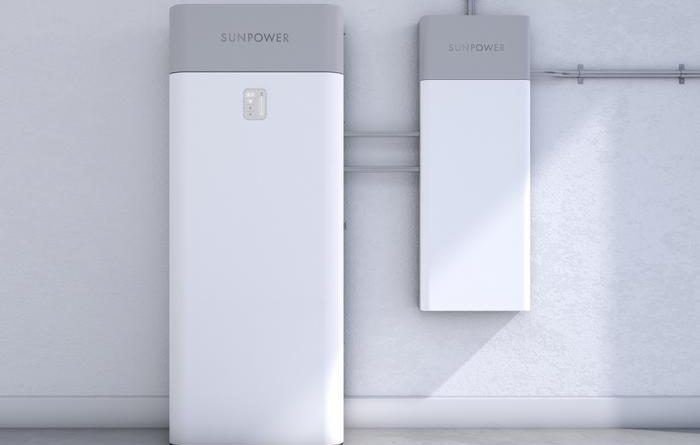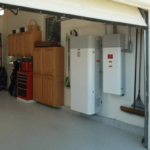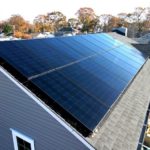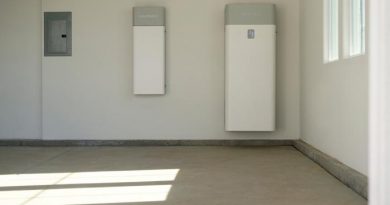Generators vs. Solar Batteries: Which is the Better Backup?

A well-designed solar system can meet the majority of the electricity needs for a homeowner, but there are times when power needs to be pulled from the grid. While many energy providers give the option of net metering to cover the cost of electricity used from the local power company, it’s not available to all solar homeowners. Having a backup supply of electricity can provide power during outages like PG&E’s Public Power Safety Shutoffs and can also provide more electricity cost savings.
Let’s face it, emergencies happen. California wildfires, rolling blackouts and power outages happen. Many people don’t realize it, but homes powered by PV solar are usually tied to the grid, and they’re shut down along with everyone else during an outage to keep utility workers from getting hurt. Backup power is needed to keep the lights on and your refrigerator running, and the two main ways to achieve that are with a generator or a solar battery for a solar system.*
While generators have been a common backup for grid outages for decades, solar batteries are now a more viable option for homeowners to consider. Here are the factors to consider:
Size
The “whole-house” generators needed to power a home over time are bigger than their portable cousins – roughly the size of a typical HVAC unit. But that can vary depending on the size of your house and its electrical needs.
SunPower’s solution, the SunVault™ Storage system, comes in two sleek, aesthetically pleasing boxes – the SunVault battery and the Hub+™. Typically located in a utility room or garage, the larger box is slightly smaller than a refrigerator and stores excess energy not used throughout the day. The smaller box features intelligent software that gives homeowners the option to control when and how their stored solar energy is used.
Advantage: Solar battery
Noise
Whole-house generators usually make less of a racket than portable ones, but they can still be loud. For the quietest ones, imagine a motorcycle engine running nonstop. Solar batteries are silent.
Advantage: Solar battery
Fuel
Generators run on natural gas, gasoline or liquid propane, all fossil fuels that pollute the air. Solar batteries run on stored-up solar power and reduce your carbon footprint.
Advantage: Solar battery
Cost
A generator can cost anywhere from $2,000 to $30,000, though most are at the low end of that range. Once a generator is installed, the owner still has to pay for regular maintenance and fuel. Solar batteries have little or no maintenance costs and the fuel is solar energy from the sun. There’s an unlimited amount of sunlight, so the battery can keep recharging – and powering your home. On top of that, the U.S. government offers incentives for buying a solar battery storage system, and so do some state and local governments. Usually, there are no tax incentives for buying generators.
Advantage: Solar battery
A SunPower Equinox® home solar system with SunVault™ Storage can save homeowners money in other ways as well. It’s the only home solar and storage system designed by one company. That means it can be managed easily and its intelligent software maximizes the use of solar power each day to help save dollars on peak-time energy charges. During a blackout, it can be programmed to power select appliances – like a refrigerator full of food – depending on the size of the battery.1
The Equinox system with SunVault Storage is also covered by a single warranty: The SunPower Complete Confidence Warranty.Learn more about how much solar plus storage can save you.
Related Posts:
One Million Solar Batteries Could be the Next Big California Goal
What Are California’s Massive Power Outages Like?
How a Solar Battery Works During a Blackout
1“Appliances and Devices” connected to the storage system are determined by the homeowner before installation and typically include lights, select appliances and outlets for devices. The battery storage system should not be relied upon as a power source for critical medical devices. The ability to power appliances and devices during an outage will vary depending on a number of factors, including: the amount of energy stored in the battery, the amount of wattage used by the appliances and electronics connected to the battery storage system, the age of the battery, the battery’s ability to recharge during daylight hours due to weather, the frequency and duration of battery usage, and other factors. Battery life will decrease with time and use.
Original Source: https://us.sunpower.com/blog/2020/08/19/generators-vs-solar-batteries















